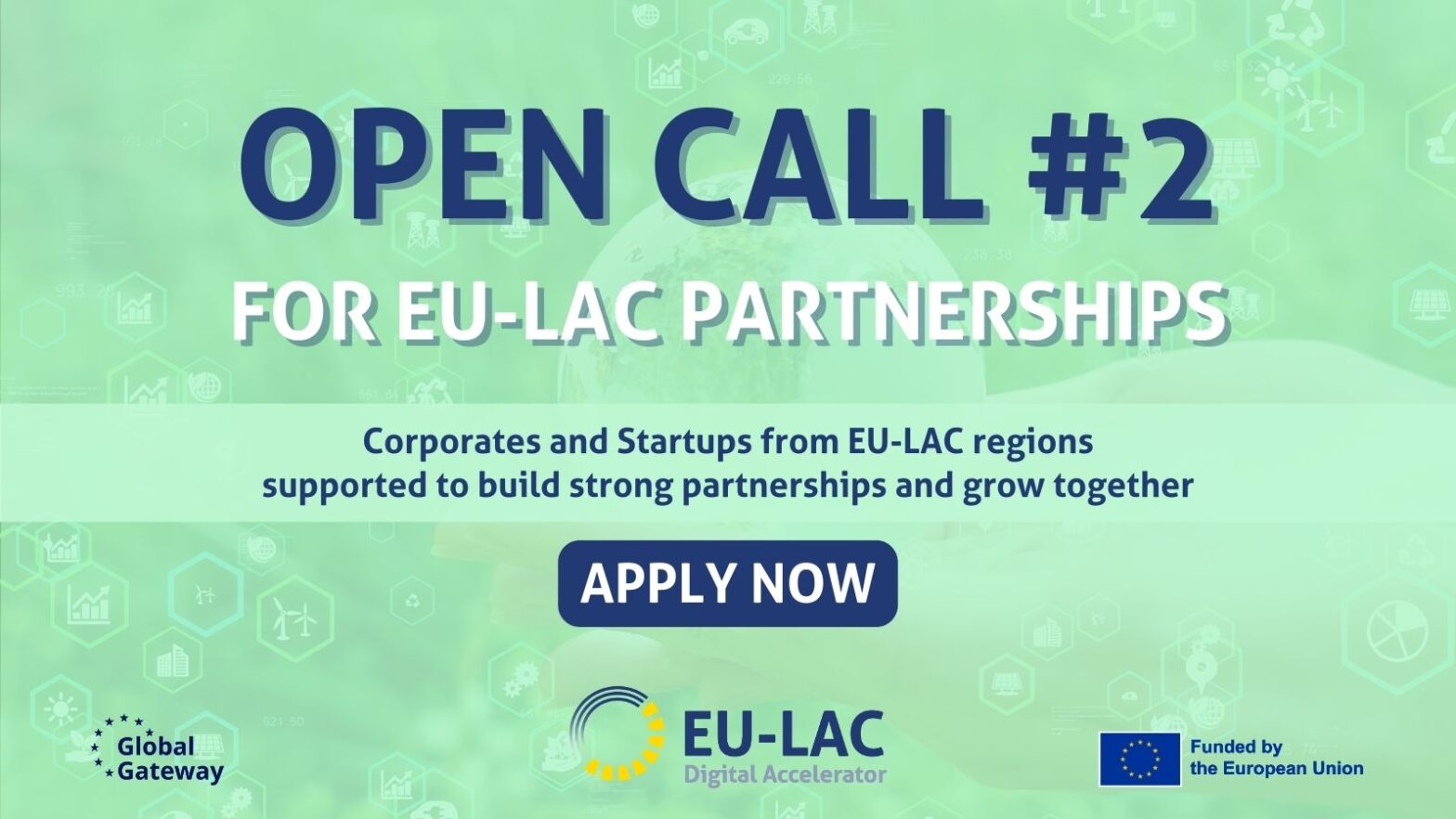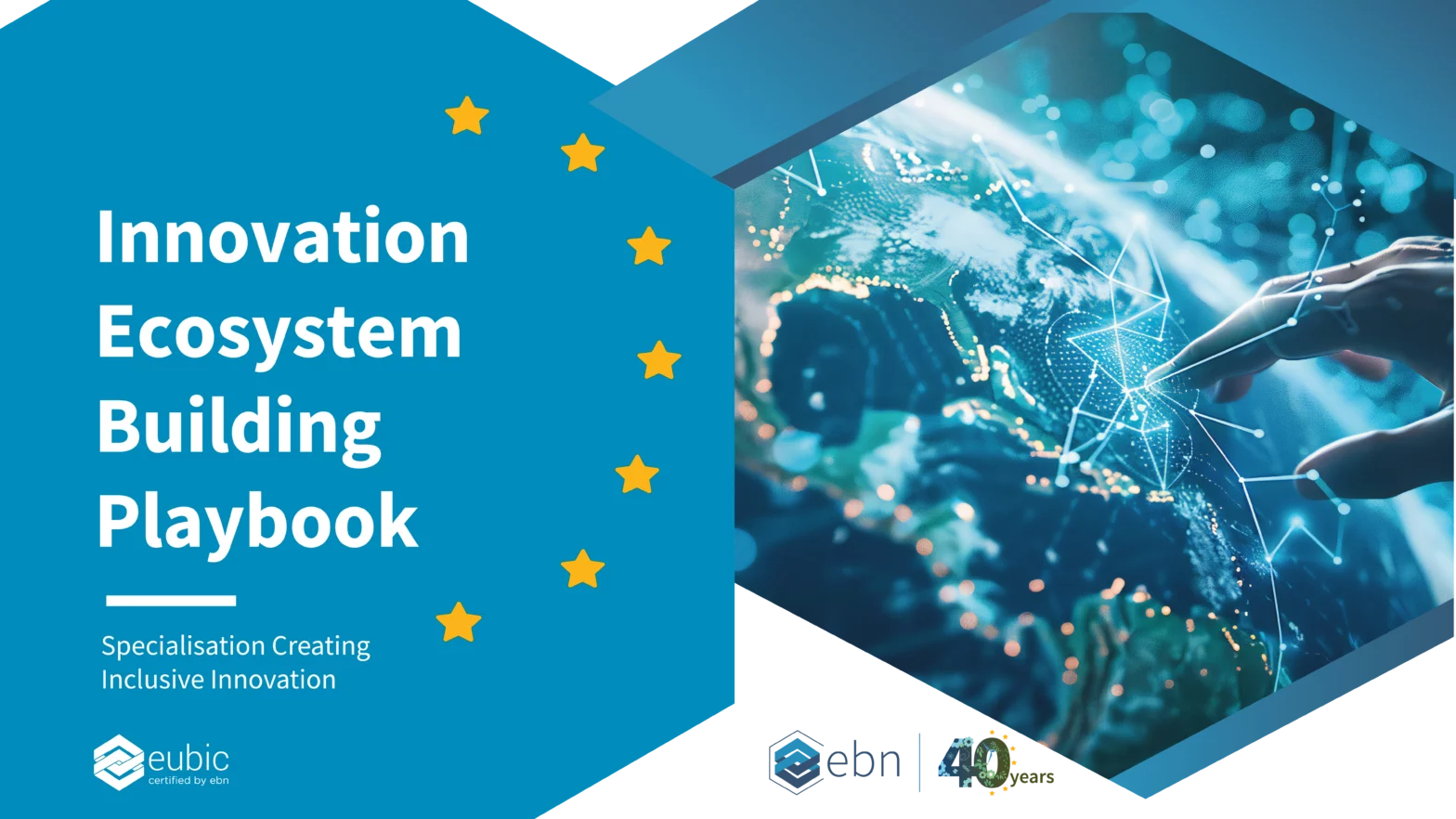FOSTERING INTERNATIONALISATION OF COMPANIES

Why do you consider that it important that an EU|BIC provides internationalisation and scale-up services to companies?
In our opinion, it is essential that an EU|BIC has internationalisation as one of its main cornerstones, especially for those that support start-ups in small ecosystems like ours. This is because the competitiveness of companies and their survival is directly linked to offering services, products or technologies that are competitive internationally as well as scalable and easily exportable.
On the other hand, in the Bit Foundation we think that scale-up services are a natural evolution of the business creation services linked to innovative companies. They allow them to be trained and connects them to innovation ecosystems at the European level where they can find investors, partners, universities and knowledge centres that can help them grow and reach their full potential.
PROCESS
Which are your flagship initiatives/ essential services around internationalisation and scale-up activities? Which steps, phases, ingredients you consider that are the most important in the process of structuring an internationalisation programme within an EUBIC?
In Parc Bit and Centre Bit Menorca, we divided the services in four main areas. First, capacity building oriented towards preparing the managing team in terms of the soft skills linked to international markets through trainings and mentoring. Second, internationalisation plan, which focuses on preparing the enterprise as an organisation. This process is usually done in collaboration with other innovation system stakeholders specialised in internationalisation. Finally, access to finance and collaboration support services, provided in-house, targeting different company needs such as finding needed grants, partners – either technological or business – or Investors to achieve Internationalisation goals.
IMPACT
What is the current impact of your internationalisation activities for your EU|BIC companies & ecosystem? How can it be replicated at EBN level?
In our four-year incubation programme, approximately half of the start-ups that complete it become internationalised. Even though these are good figures, our goal is to increase the percentage in the following years. Furthermore, we are implementing a formal scale-up programme, taregeting innovative enterprises of less than eight years, to support high potential leading companies in specific market niches.
The exchange of practices among EU|BICs that are providing both internationalisation and scale-up services can be beneficial as it allows us to both enrich our methodology and increase our knowledge of interested EU|BICs, which can lead to future partnerships.







